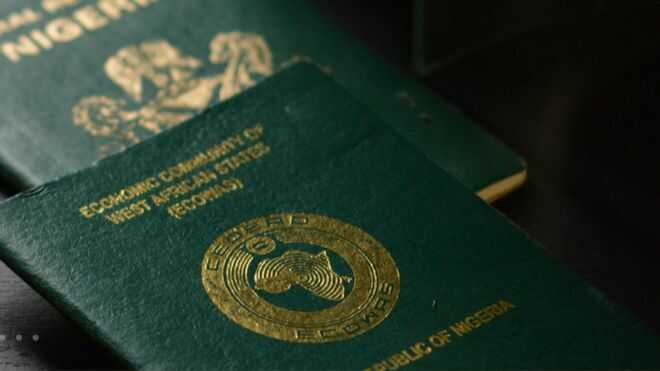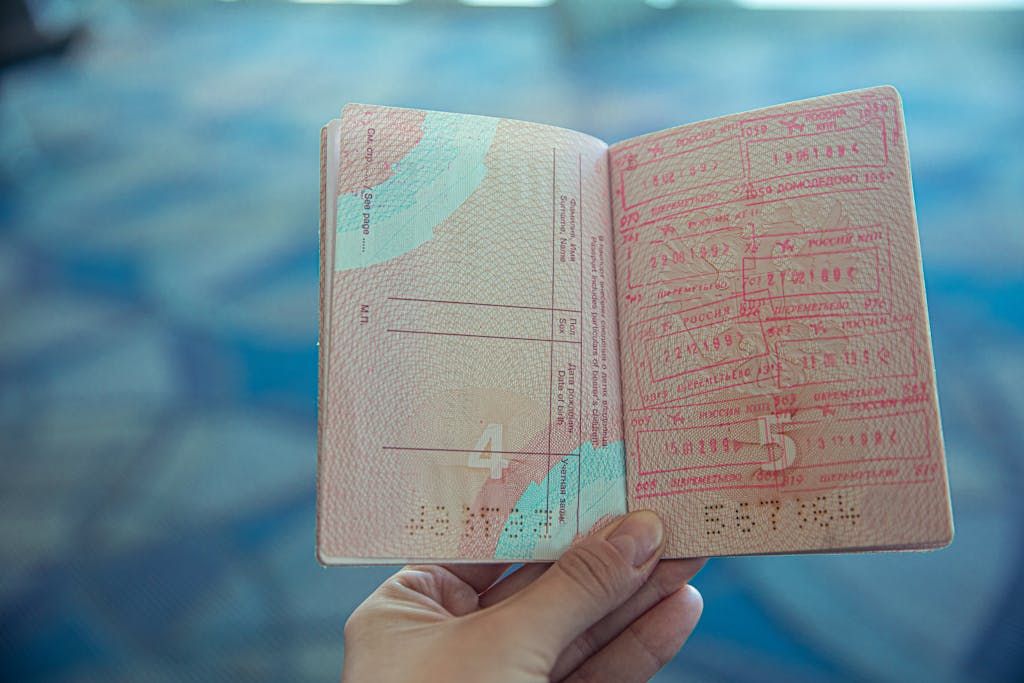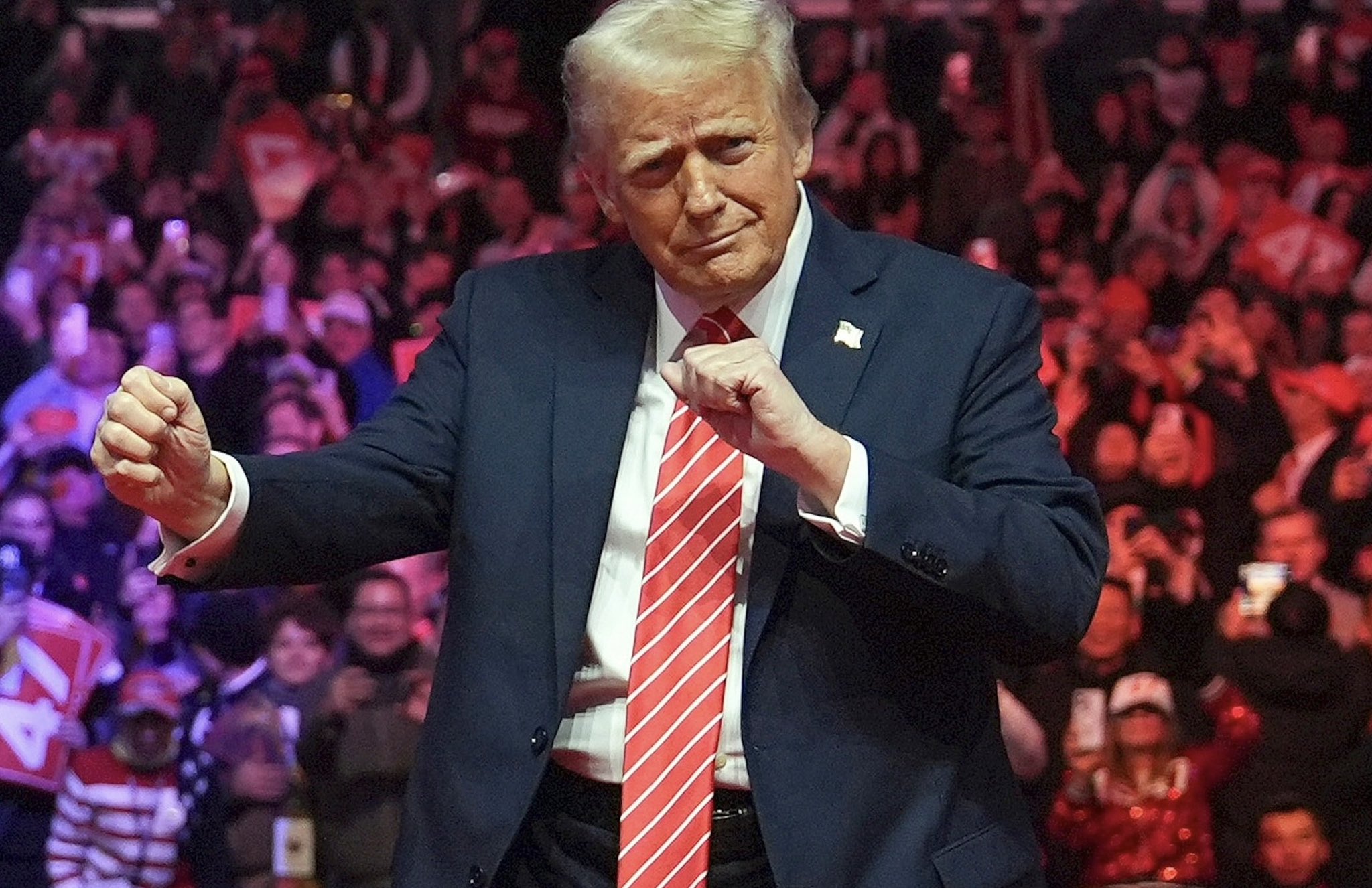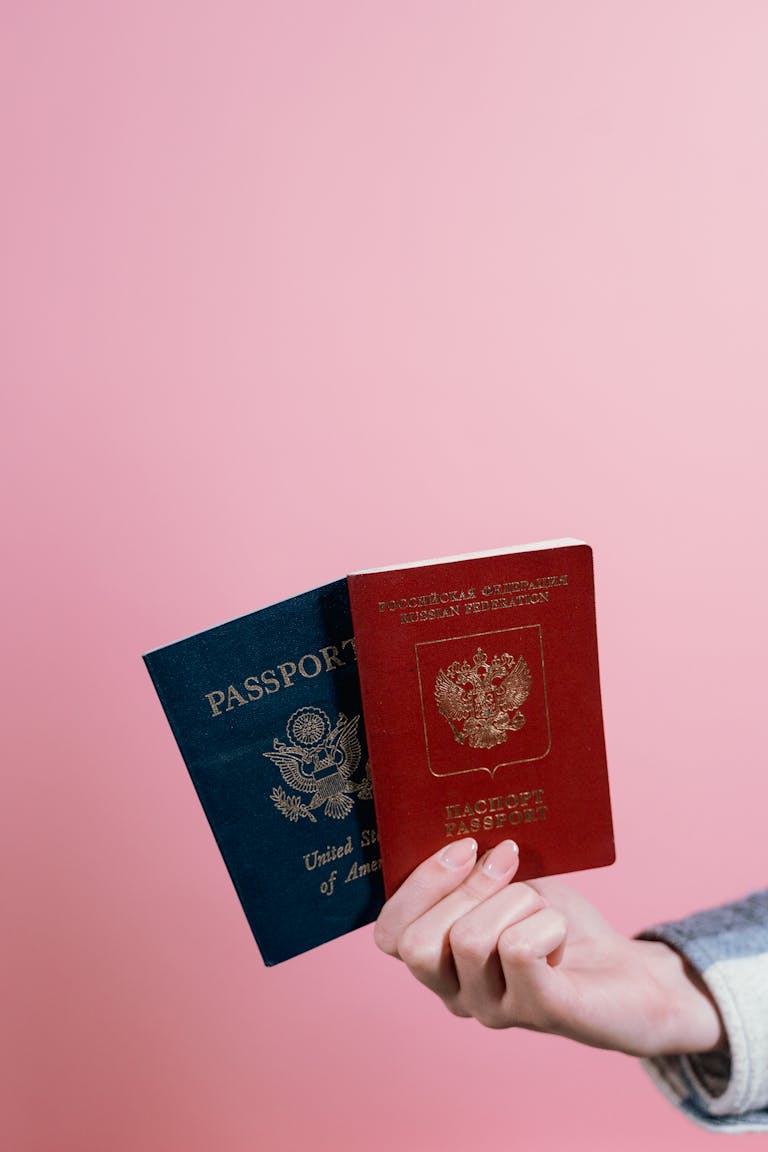5 brutal reasons behind the US visa ban on Nigerians
Discover the 5 key reasons behind the US visa ban on Nigerians — from security concerns to immigration policy shifts, here’s what’s fueling the latest travel restrictions.
On Monday, the United States Department of State updated its reciprocal non-immigrant visa policy, restricting Nigerian citizens to single-entry visas with a three-month validity period for most non-immigrant and non-diplomatic categories.

This US visa ban has raised questions about the motivations behind the tightened rules. Below are five key reasons why the US implemented these visa bans for Nigerians.
1. Visa Reciprocity Alignment
The U.S. bases its visa policies on the principle of reciprocity, ensuring that visa terms for foreign citizens match how the U.S. is treated by other nations.
Nigeria’s visa policy for U.S. citizens typically includes single-entry visas with limited validity, often up to 90 days. To align with this, the U.S. has restricted Nigerian non-immigrant visas to single-entry with a three-month validity period.

The Department of State notes that visa reciprocity is a continuous process, subject to review, and this US visa ban reflects efforts to maintain fairness in visa practices between the two countries.
2. Ensuring Secure Travel Documents
A key criterion for US visa policies is the requirement for secure travel documents with verified traveller identities. The U.S. has identified deficiencies in Nigeria’s ability to meet global standards for issuing secure travel documents.
By limiting visas to single-entry and a shorter validity period, the U.S. aims to strengthen oversight and ensure that Nigerian travellers present authentic, accurate, and up-to-date documentation, reducing risks associated with identity fraud or unverifiable documents.
3. Addressing Visa Overstay Issues
Visa overstays, where travellers remain in the U.S. beyond their authorised period, are a significant concern for U.S. immigration authorities.

The new policy of issuing single-entry visas with a three-month validity period is designed to enhance visa overstay management.
By shortening the validity and limiting re-entry, the U.S. seeks to ensure compliance with visa terms and reduce the likelihood of Nigerian travellers overstaying, thereby protecting the integrity of its immigration system.
4. Improving Information Sharing
The U.S. emphasises the importance of countries sharing relevant security and criminal record information to protect public safety.
Nigeria’s challenges in meeting global benchmarks for information sharing, particularly regarding public safety and terrorism-related data, have prompted stricter visa measures.

The single-entry, three-month visa policy allows the U.S. to closely monitor and vet Nigerian travellers, ensuring that security risks are minimised through enhanced screening processes.
5. Upholding Global Security and Technical Standards
The U.S. visa criteria are grounded in global technical and security benchmarks aimed at safeguarding its immigration system.
The Department of State has indicated that Nigeria has not fully met these standards, particularly in areas like secure document issuance and information sharing.

The visa restrictions serve as a temporary measure while the U.S. Mission collaborates with the Nigerian government to address these gaps. The policy shows a broader commitment to ensuring that all countries meet international best practices for safe and lawful travel.
US Visa Ban: What next?
The U.S. remains committed to its partnership with Nigeria, valuing the cultural, educational, and economic ties between the two nations. The Department of State encourages Nigerian travellers to adhere to the US visa ban terms and ensure their travel documents are authentic.
While Nigeria works to meet global standards, the U.S. is open to revising its visa policies.







